LOS ALAMITOS, Calif. — With a new emphasis on Asian American culture, the RCTA (race change to another) movement is increasing.
What is the RCTA movement?
Many people resonate with their culture through traditions, customs and foods.
According to NBC News, practitioners of the RCTA movement feel more connected to another culture by completely stealing the struggles, experiences and culture of a different ethnicity. These appropriators, desiring to transition from their birth race to their desired race, are a major subject of debate with an increasing emphasis on diversity.
One RCTA influencer, Oli London, has often been criticized for idealizing stereotypes. London, desiring a Korean appearance, spends millions of dollars to create the appearance of monolids and thin his lips and body. London has received more than 32 surgeries in 10 years to appear like his face claim (a specific person you attempt to look like), K-pop idol and BTS member, Jimin Park.
“I am 100% Korean,” London said.
The Caucasian professor Rachel Dolezal was also known for presenting herself as African American during the 2010s. She was appointed as a board member of the NAACP and taught African studies until a controversy over her real race in 2015.
Excerpt from Dolezal’s memoir, “In Full Color”:
“Understanding how miseducation about race and the cultural boundaries and codes that have been put into place in American society might conflict with my true nature, I decided that the most honest and real way for me to live was to be Black without any explanations, reservations, apologies or room for negotiation. It had taken me so many years to finally embrace who I was and love myself that I didn’t want my understandings of myself to be muddled by other people’s perceptions of misunderstandings.”
London and Dolezal’s beliefs reflect the changing culture toward transraciality.
What is Asian transraciality?
While transracial identity can manifest in various ways, on the Internet, it typically takes the form of Asian transraciality.
Similar to Asian fishing, Asian transraciality is when women attempt to become Korean, Japanese or Chinese by practicing an infantilized, discriminatory version of Asian culture.
“Yes, I’m Italian… I’ve always wanted to be Asian. They’re just so small and kawaii,” RCTA TikTok user @blob.junior said.
Caucasian women, copying Chinese makeup, styles, clothing and culture, present themselves as Asian in order to be seen as “kawaii,” or helpless (as stereotypes about Asian women suggest). By doing this, Asian transracials problematically reinforce a narrow perspective on Asian culture based on centuries-old racism.
Besides creating a narrow perspective, Asian transraciality is offensively indifferent toward the reality of Asian stereotypes and discrimination. Asians face a considerable amount of racism, including current TikTok trends, Asian hate crimes during the COVID-19 pandemic and a still-prevalent focus on Eurocentric beauty standards. Through transraciality, Caucasian women ignore decades of discrimination and turmoil in favor of the glamorized aesthetic of Asian culture.
These women will never understand the real struggles that Asian Americans face daily.
The history of the RCTA movement
RCTA beliefs likely stem from the increase of Asian American immigrants, along with culture and “kawaii aesthetic,” in the 2010s. On Instagram, Asian transraciality is the new trend with the rise of K-pop, anime, K-drama and viral Asian food.
“The RCTA phenomenon reflects the current media climate in which East Asian media enjoys widespread popularity internationally and in the U.S.,” Korean American poet Margaret Rhee said to NBC News.
Before the 2010s, the word transracial was defined as parents who adopt children of a different race. However, in 2015, there was an uproar from these parents as the meaning began to shift due to this new emphasis on Asian culture.
Conflicting views on the meaning of transraciality were expressed in Hypatia, a feminist literary magazine, which argued that transracials were valid and connected transraciality to the social rights movement. Conversely, UCLA professor Rogers Brubaker’s 2016 book “Trans: Gender and Race in an Age of Unsettled Identities” asserted the ignorance of transraciality and transraciality’s emphasis on discriminatory stereotypes.
From 2020 to 2021, the RCTA movement grew in popularity among young teenagers on TikTok. Disciples practiced subliminal videos, which connect the viewer to the race they want to connect to. These messages, containing chants, prayers and manifestations, falsely claimed to make the viewer develop Asian features and gain Korean DNA. Moreover, RCTA people followed facial exercise videos, attempting to look like their face claims.
Currently, on social media, the growing popularity of the RCTA movement has resulted in skepticism and a reconsideration of what social consciousness should mean.
“Transraciality is wrong because you can’t change your race,” Los Alamitos High School senior Alexis Zerpoli said.
In addition, psychology professor Kevin Nadal emphasized to NBC News that, despite what RCTA practices might say, transraciality goes against the idea of social consciousness because it involves racist ideals and practices.
Others are simply skeptical that transraciality is even possible.
“It’s just belief. It doesn’t ever really work because it’s not doing anything, but they have convinced themselves that it works because there’s other people who have convinced themselves as well,” said RCTA skeptic and Queens College cultural and media studies assistant professor Jamie Cohen.
Regardless of beliefs, the RCTA movement continues to grow on social media. The #rcta has more than 44.1k posts on TikTok and a still-growing fanbase of teenage girls, who are growing a movement based on ignorance and stereotypes.
Hopefully, these women will soon learn the drastic consequences of their seemingly harmless actions.
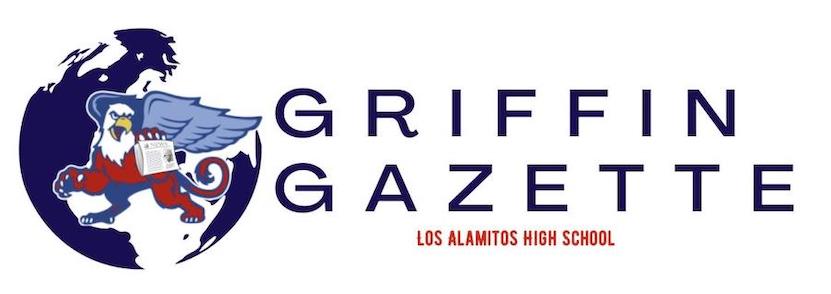




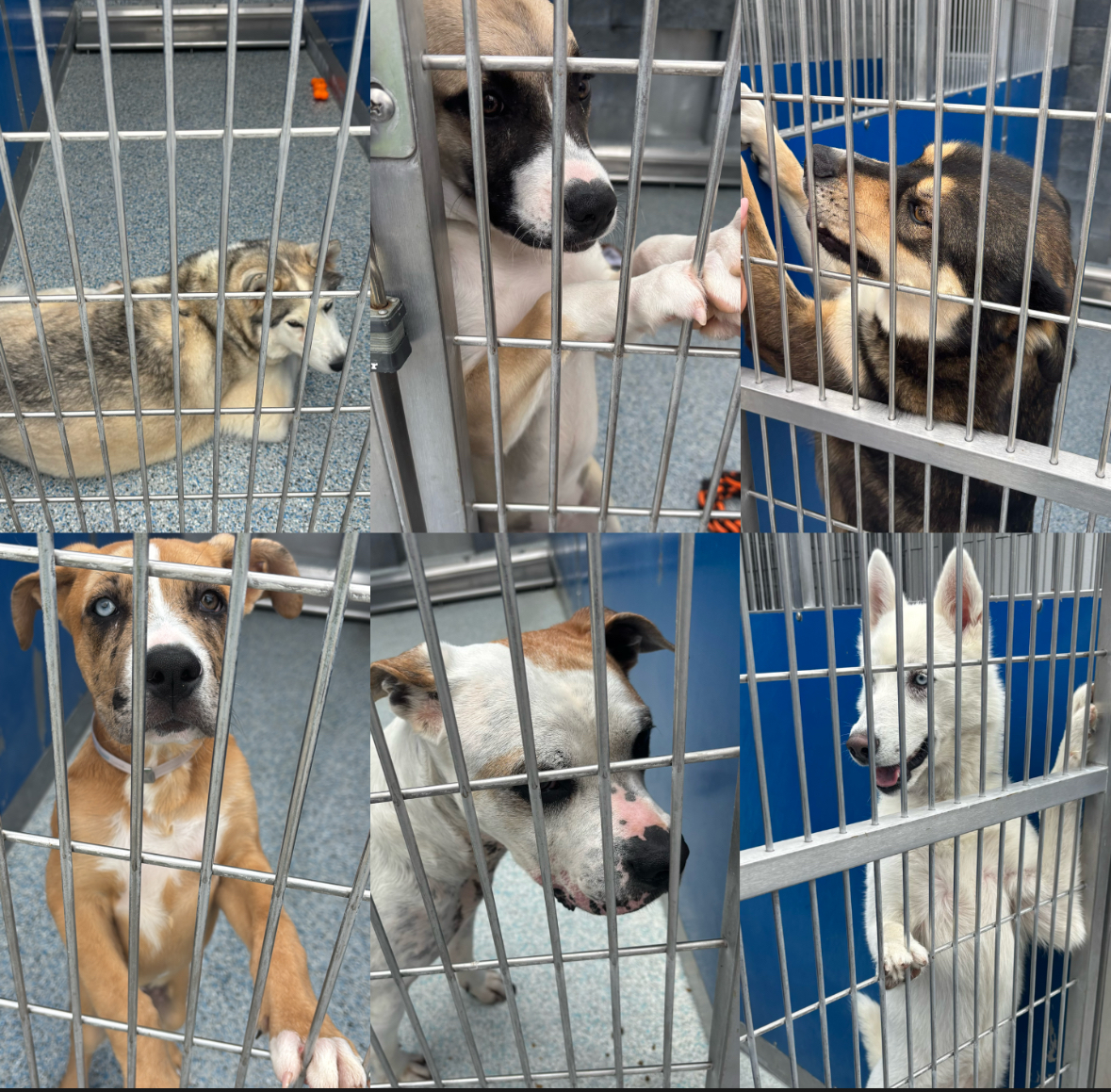



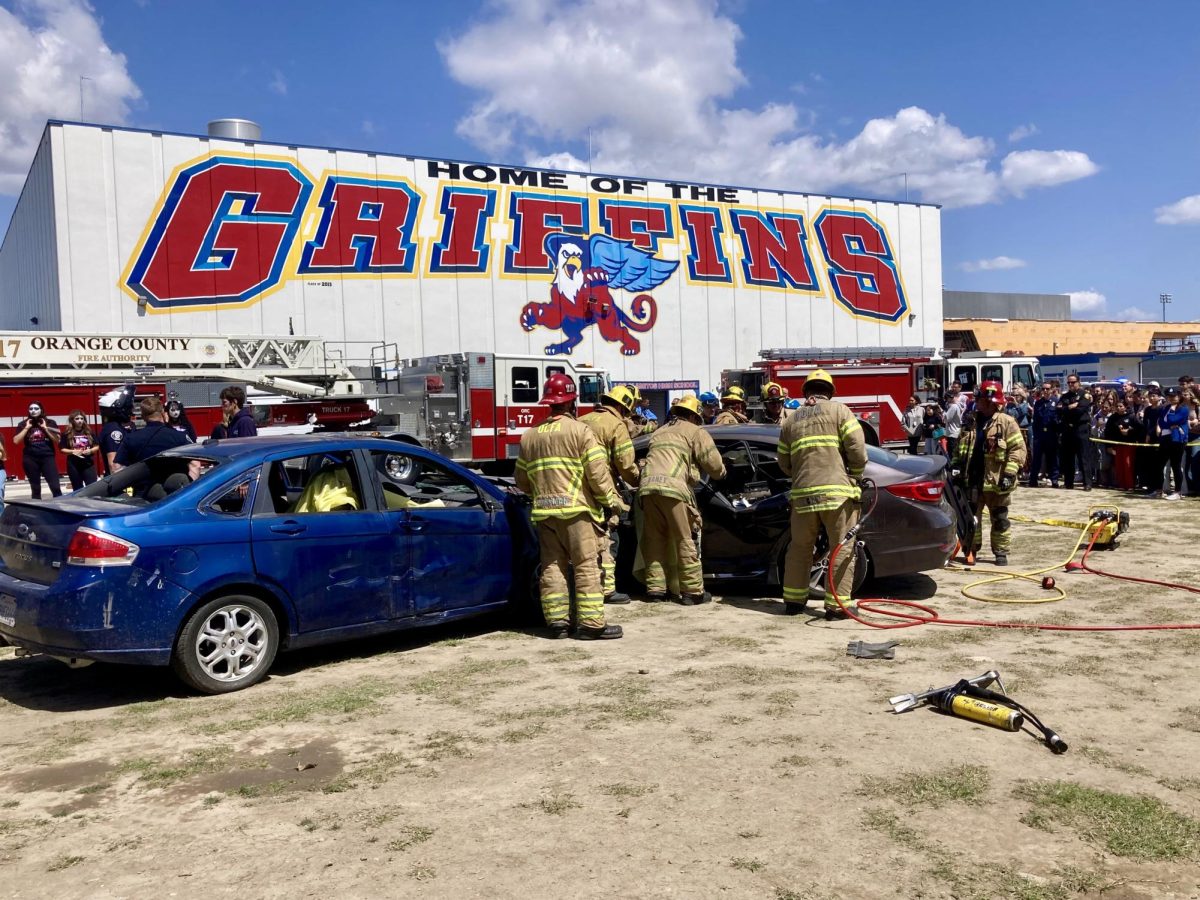

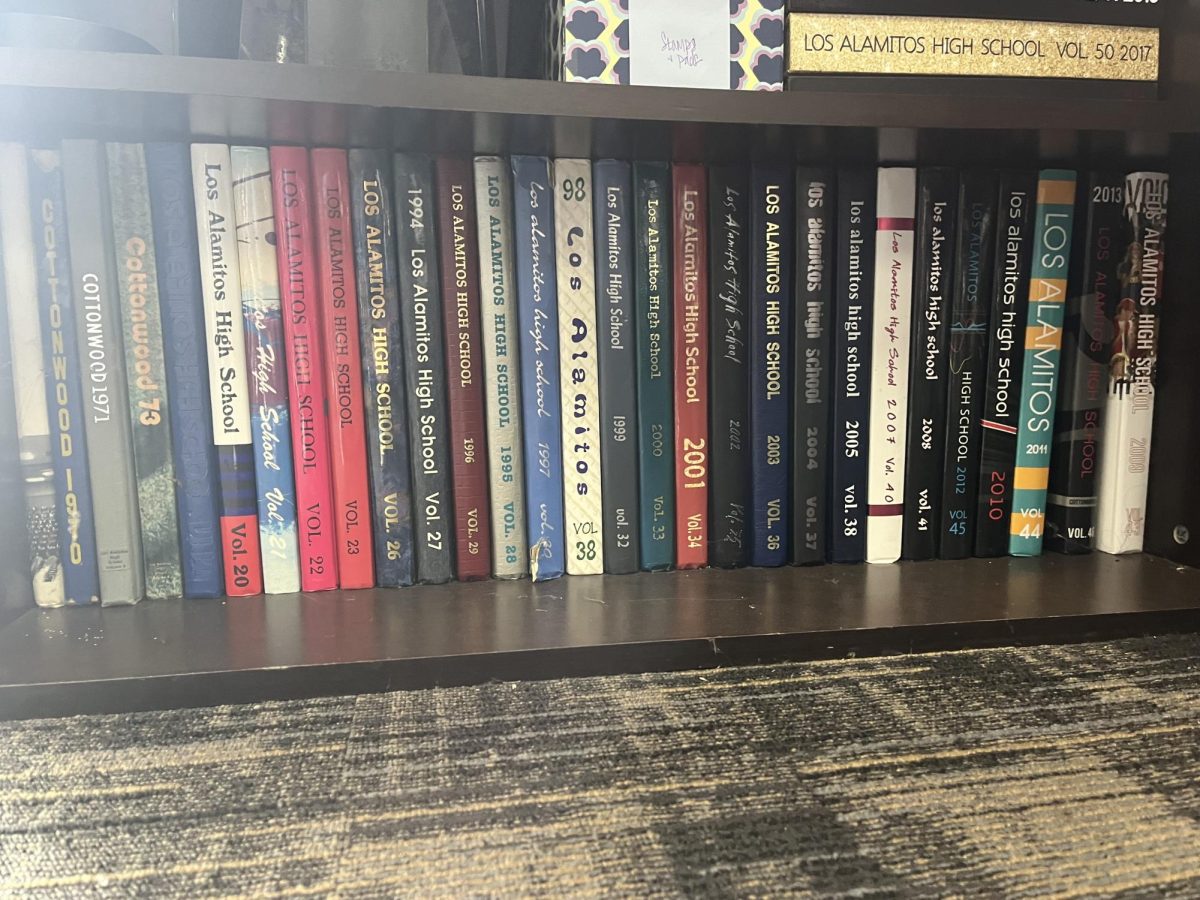

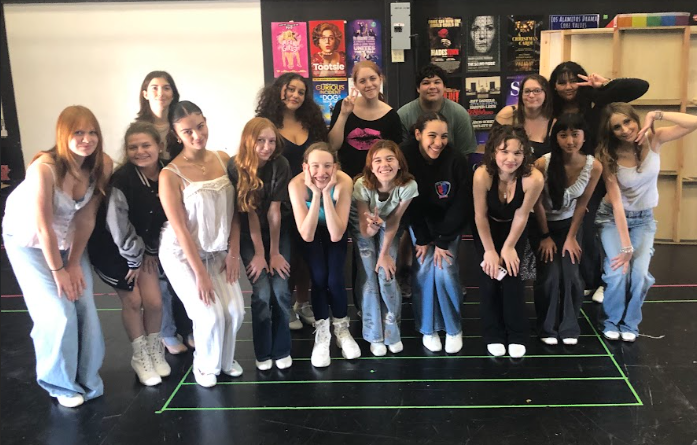
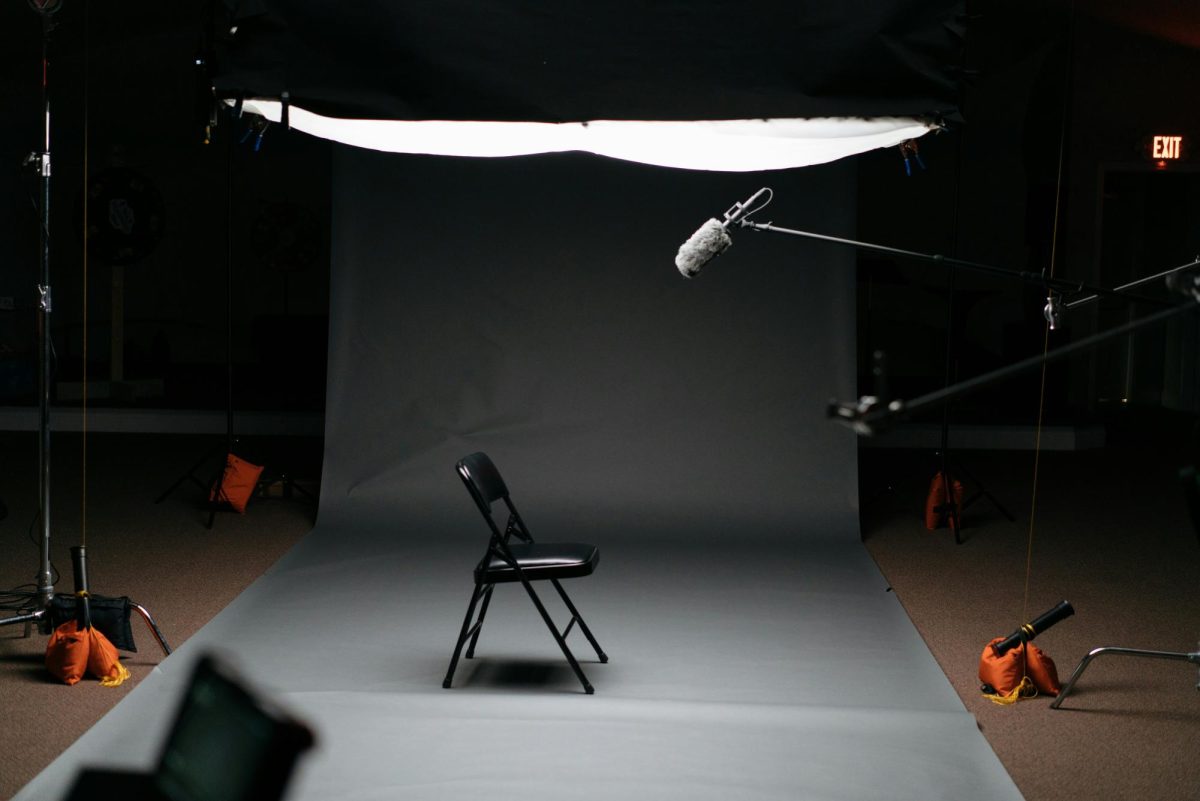
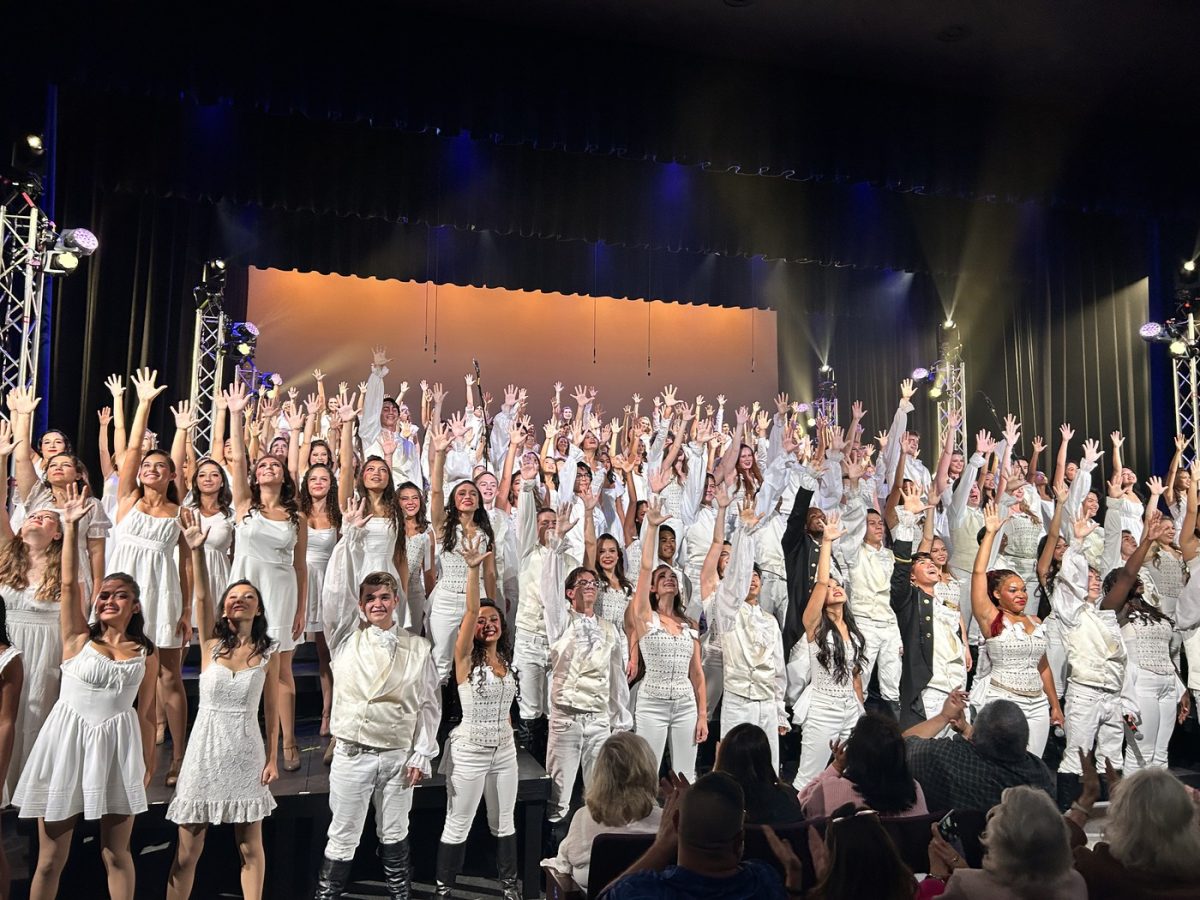

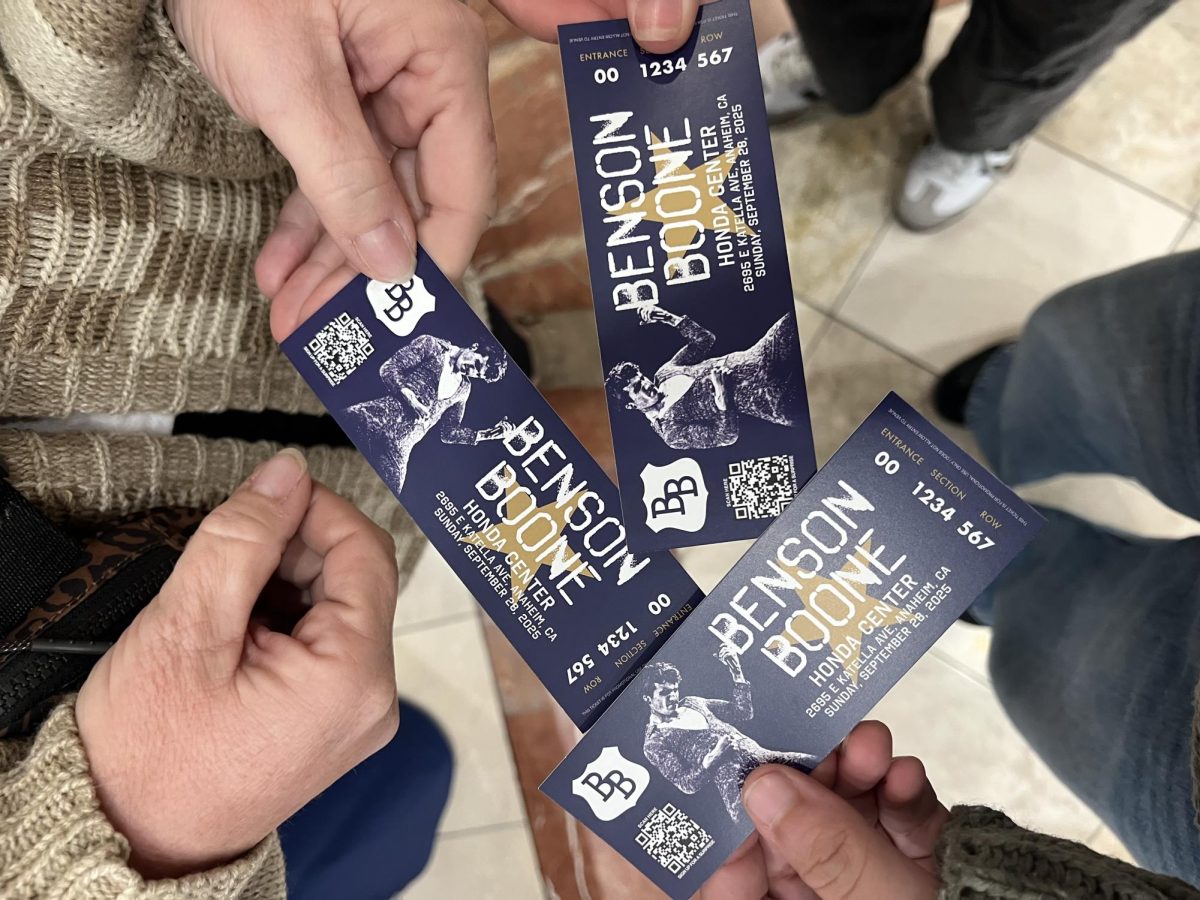

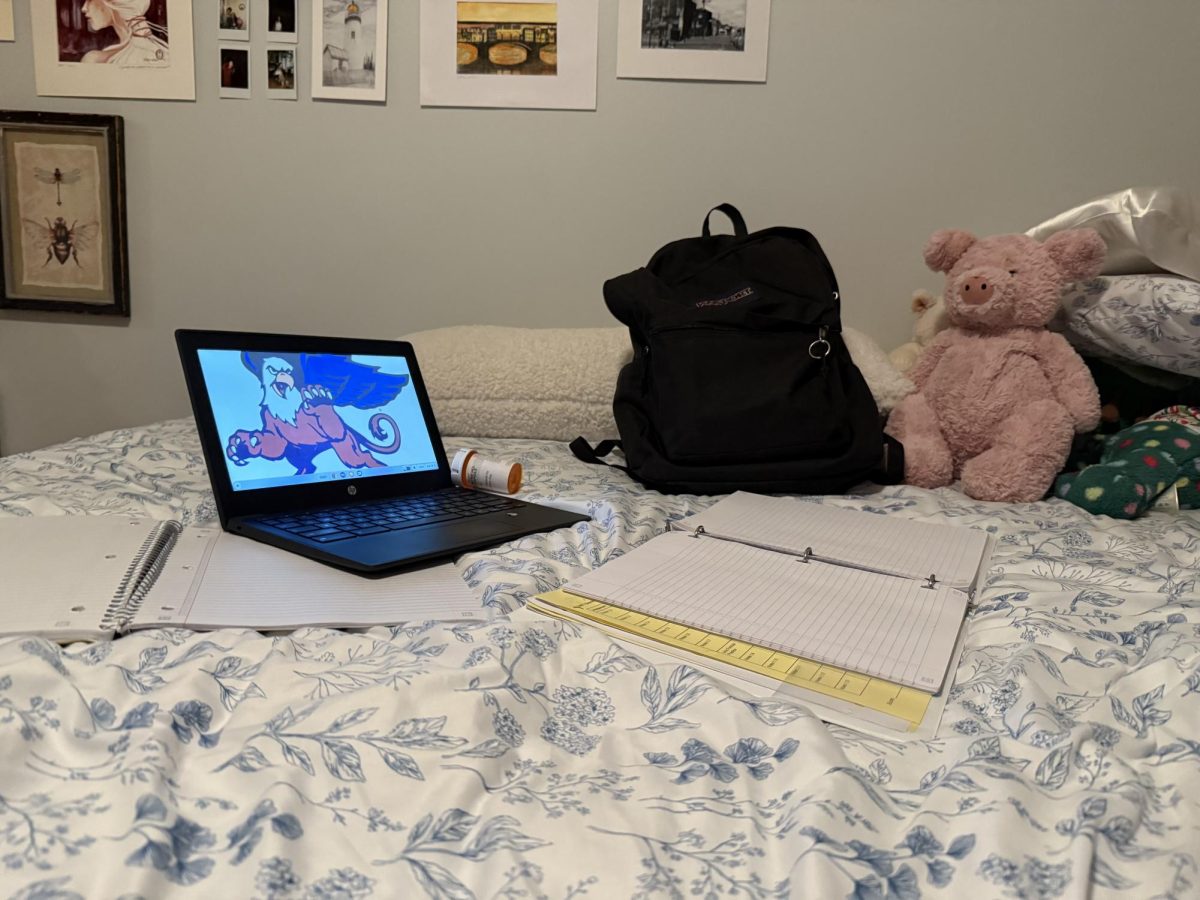
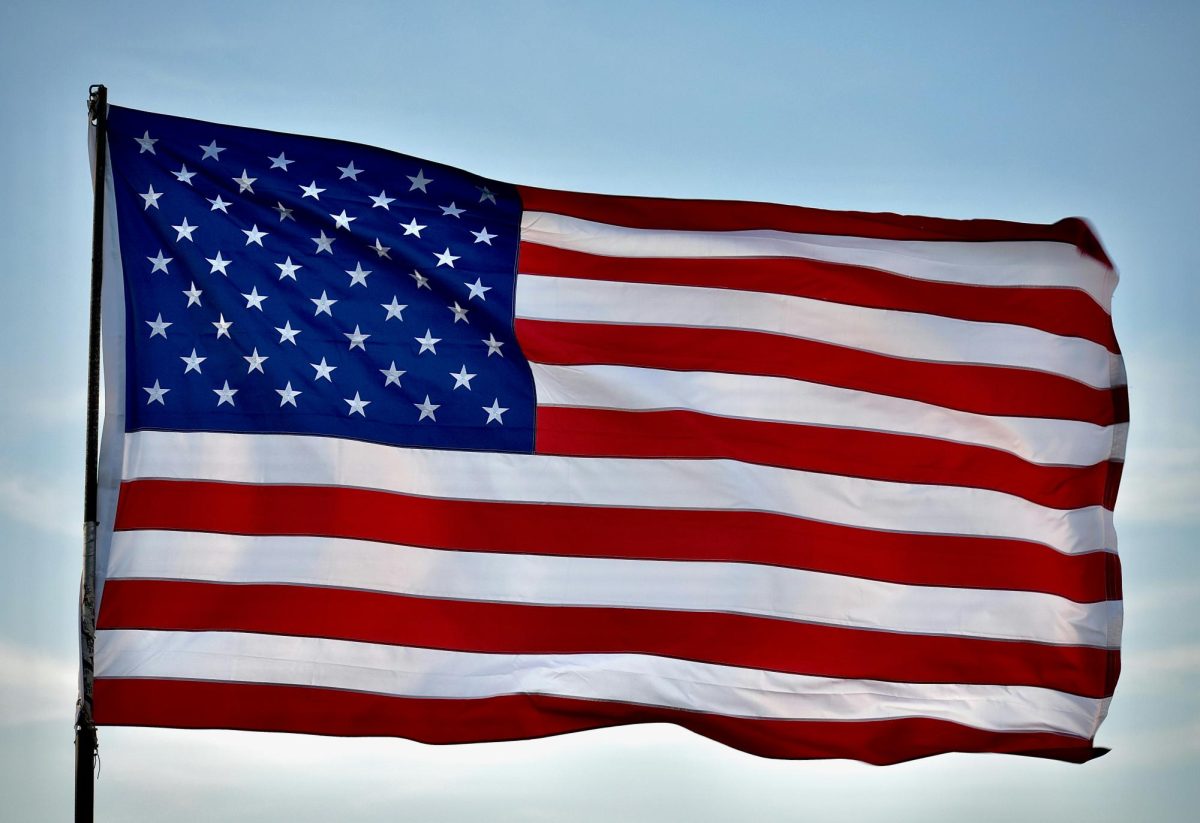
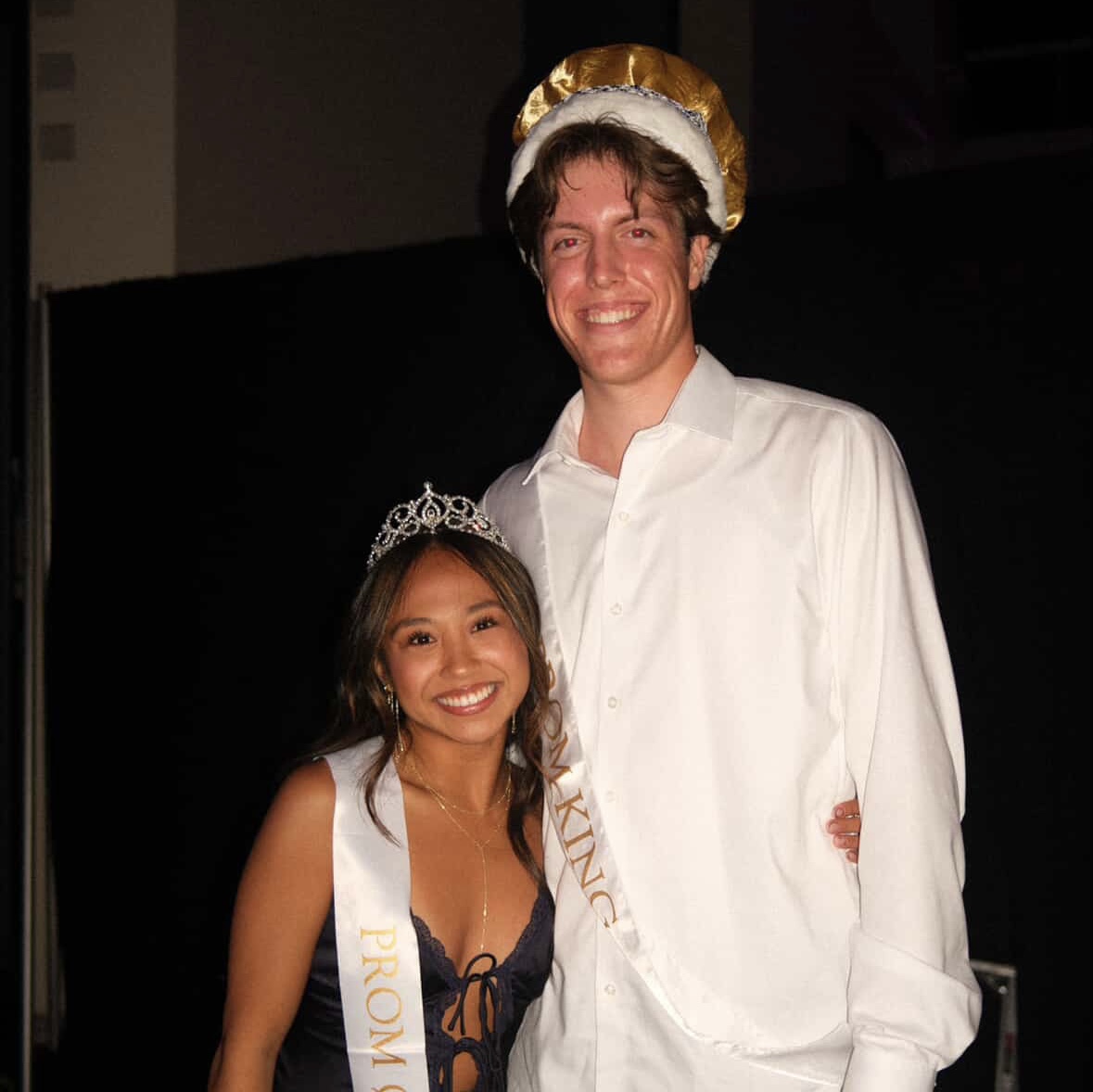
Zoey • Apr 17, 2025 at 12:22 pm
It must be frustrating being essentially portrayed as certain stereotypes through the ignorance of these appropriators. 🙁